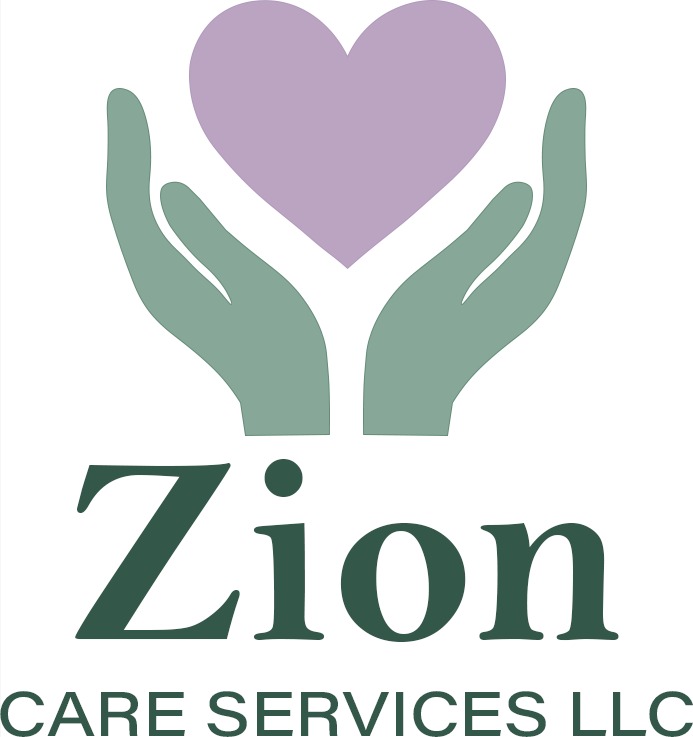What Hospice Care Really Means and When to Consider It

When someone you love is facing a life-limiting illness, making decisions about care can be overwhelming. One of the most misunderstood yet essential forms of care during this time is hospice. At Zion Care LLC, we believe that understanding hospice care can bring comfort, clarity, and peace of mind to both patients and families. In this article, we’ll explain what hospice really means and when it might be time to consider it.
Understanding Hospice Care
Hospice care is a specialized approach to care for individuals who are nearing the end of life. Unlike curative treatments, which aim to cure or aggressively manage an illness, hospice focuses on comfort, dignity, and quality of life. It is for people with a terminal diagnosis and a prognosis of six months or less if the disease follows its normal course.
Hospice is not about giving up—it is about choosing a different path, one that emphasizes peace, relief from pain and symptoms, and meaningful time with loved ones.
Key Components of Hospice Care
- Pain and Symptom Management
Hospice teams work closely with physicians to manage pain, nausea, shortness of breath, anxiety, and other symptoms. - Emotional and Spiritual Support
Counselors, chaplains, and social workers offer support for both patients and families, helping them process grief, fears, and emotional stress. - Personalized Care Plans
Every hospice patient receives a care plan tailored to their medical, emotional, spiritual, and personal needs. - Interdisciplinary Team Approach
A team that may include nurses, aides, doctors, social workers, chaplains, volunteers, and therapists works together to provide comprehensive support. - Care Wherever You Are
Hospice can be provided at home, in a hospital, nursing home, or hospice center—wherever the patient feels most comfortable.
When to Consider Hospice
Knowing when it’s time to consider hospice care can be challenging. Some signs that hospice may be appropriate include:
- Frequent hospitalizations or ER visits
- Declining ability to perform daily tasks
- Increased pain or discomfort
- Unintentional weight loss
- Loss of interest in food or activities
- A physician has indicated a prognosis of six months or less
If you’re unsure, speak with your healthcare provider or contact a hospice provider like Zion Care LLC. Our team can assess your loved one’s condition and help determine the best time for hospice.
Common Misconceptions
1. Hospice means giving up.
Hospice is not about giving up—it’s about focusing on quality of life and comfort.
2. Hospice is only for cancer patients.
While many cancer patients benefit from hospice, it is also for those with heart disease, COPD, dementia, kidney failure, and other life-limiting illnesses.
3. Starting hospice means death is imminent.
Many patients receive hospice care for months, and some even stabilize enough to discontinue it temporarily.
4. Hospice is only for the elderly.
Hospice serves individuals of all ages, including children, although pediatric hospice is a specialized service.
The Benefits of Starting Hospice Early
Many families wait too long to begin hospice care. Starting early allows more time to build trust with the care team, manage symptoms effectively, and plan end-of-life wishes. Studies show that patients who enter hospice sooner often experience a higher quality of life in their final months.
The Role of Families in Hospice Care
Hospice also supports the family by:
- Providing education and training on how to care for their loved one
- Offering respite care to give caregivers a break
- Providing grief support and bereavement counseling after the patient has passed
Hospice care is as much for the family as it is for the patient. At Zion Care LLC, we walk alongside you with compassion, knowledge, and respect.












